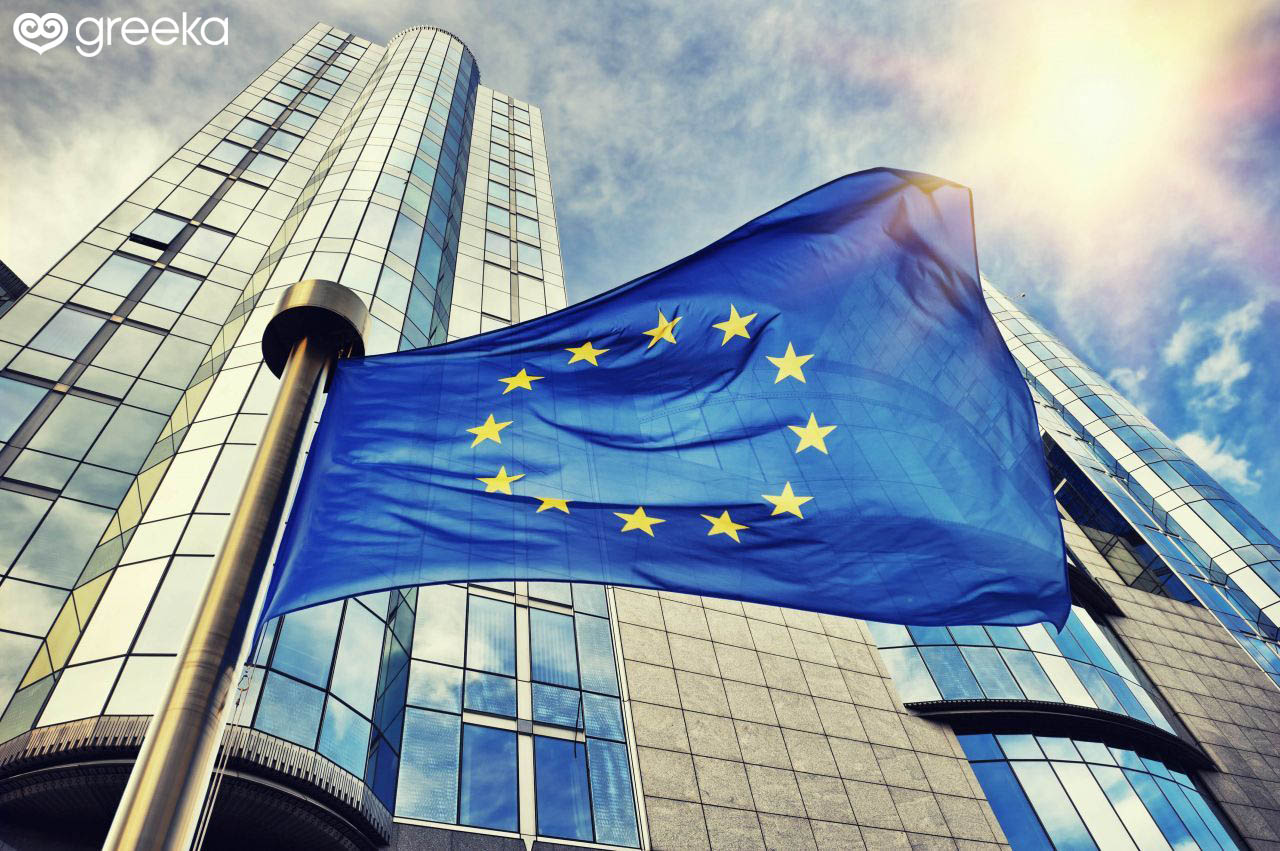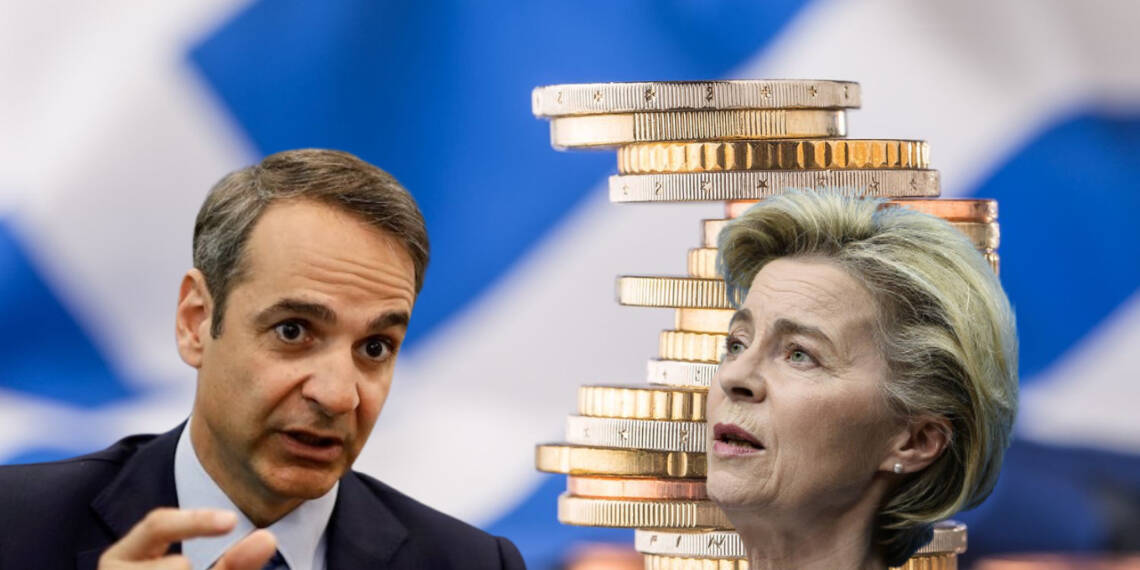When the global financial crisis wreaked havoc in 2008, numerous European countries experienced devastating consequences. In a heroic gesture at the time, Brussels unveiled a bailout monitoring mechanism, also known as an enhanced surveillance framework.
But now it’s revealed that the framework must be disbanded, since, rather than helping, it has made matters worse for the Eurozone members. Believe it, the framework is a trash bag. At least the data from Greece states so.
After 12 years of misery and economic pain, Greece is finally out of the woods. According to Reuters, Greece has officially left the enhanced surveillance framework. The country would now have more authority in its policy making.
Greek PM Kyriakos Mitsotakis in a statement expressed his happiness before taking a new leap in Eurozone. He stressed: “A 12-year cycle that brought pain to citizens now closes, exiting the enhanced surveillance framework means greater national leeway in our economic choices”.
There is a merry environment in Athens as the framework that had restricted the economic cycle is now finally gone. The formal end of “enhanced surveillance” by the European Union means the country will no longer face a quarterly review of its public finances to receive debt relief payments.

The EU might brag that Greece was able to survive the Achilles heel because of its framework but the truth is that Greece’s economic crumble was entirely the fault of the EU framework.
Greece’s struggle remains because of the EU
The framework of the European Union was designed to avoid a total collapse of eurozone economies. However, the framework gradually evolved into complete economic policing by Brussels.
Greece’s regime had to go through three back-to-back bailouts from 2010 to 2018 under the framework. But, take a look at the economic statistics to understand why Athens is currently considerably more damaged than ever before.
Greek GDP decreased from $355.9 billion in 2008 to $188.7 billion in 2020, a total economic crash. Greeks were worn out, enraged, and demoralized as a result of the economic downturn. As a result, over a million people fled to the wealthier north of Europe.
Furthermore, there still continues to be a staggering GDP growth. The Commission expects Greece to grow by 4 percent in 2022 and just 2.4 percent in 2023.
/what-is-the-greece-debt-crisis-3305525_color-b9e14a23152147fb85ff77f92c48a21f.jpg)
Moreover, the Greek Sovereign debt continues to be among the most expensive in the eurozone, reflecting investor perception that holding its government bonds still requires paying a significant premium.
Its 10-year bond rate was 3.26 percent, which is significantly higher than the 0.94 percent ultra-safe German bonds.
Many economists are already predicting that the long-term cost of the bailouts — which channeled some €290 billion of loans from the Commission, the ECB, and the International Monetary Fund — will continue to haunt the Greek economy for years to come.
Read More: Greece says NO to EU’s bullying, starts unprecedented tapping of its coal reserve
How exactly was it a help?
Till now, everyone must be pretty that despite three back-to-back bailouts, Greece’s economy continues to remain one of the most underperforming and vulnerable economies in the Eurozone.
The truth is that Athens was actually forced to comply with the EU’s framework, as it had no other options for an early recovery. But things actually went the other way round. During the first bailout in 2010, the EU enforced waves of pension cuts, spending restrictions, tax increments, and bank regulations on Greece.
The overall bailouts caused a 25% decline in the economy. To appease Brussels, Athens implemented a slew of reforms, including those to the labour market and tax system.
Read More: Germany humiliated Greece in 2008. Now, Greece is settling the score in style
The bailouts had absolutely no success. Since Greece is now finally independent of the EU, at least in terms of policy making, it is a positive development. We hope that the financial load soon disappears and that Athens’ golden era returns soon with a bang.







